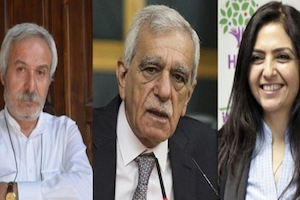The Crackdown on HDP: Sustaining Authoritarianism with Ethnic Polarization
By Halil Karaveli
December 2, 2019
By the end of November 2019, 24 out of 69 mayors in Kurdish cities in Turkey had been dismissed and 19 had been arrested. The Turkish regime exploits nationalism to neutralize the opposition. Yet the opposition cannot dodge its own responsibility for the dismantling of democracy in the Kurdish cities of Turkey. Its refusal to make a principled stand against the crackdown on elected Kurdish representatives plays into the hand of authoritarianism and wastes an opportunity to build a democratic bloc. It should also be clear that Turkey cannot afford to give up on democracy for the Kurds.
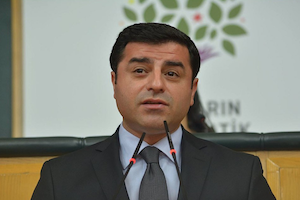
Erdogan Talks Tough on Nuclear Weapons as Turkey Goes Ballistic
By Micha’el Tanchum
November 15, 2019
In early September 2019, Turkish President Recep Tayyip Erdoğan surprised many in the international community with his declaration that it was unacceptable for nuclear armed powers to prohibit Turkey from acquiring nuclear weapons. While many analysts dismissed Erdoğan’s declaration as more rhetorical posturing designed to advance Turkey’s status in the regional security architecture, the president’s remarks reveal Turkey’s perception of its own deepening strategic vulnerability vis-a-vis its regional rivals. Lacking the strategic weapons system to deter Iran, Saudi Arabia, or Israel, Erdoğan’s tough talk signals a shift in its nuclear policy that will likely be revealed in the advancement of its ballistic missile program.
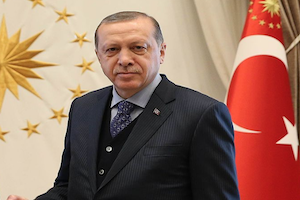
After Ten Days that Shook Syria: Turkey's Dependence on Russia Reaffirmed
By Cengiz Çandar
November 5, 2019
Turkey’s intrusion into northeastern Syria will have far-reaching consequences for Turkey, the balance of power in Syria and in the Middle East. The Rojava invasion also leaves a durable imprint on international relations at a global scale. It has left the United States in a weaker position, while Russia has strengthened its grip on Syria. Turkey’s dependence on Russia has been reaffirmed. The Russo-Turkish partnership in Syria may not prove long-lived since Moscow and Ankara have different, indeed fundamentally irreconcilable political priorities. It is unlikely that Turkey, dependent on the acquiescence of Russia and with an ailing economy, will be able to establish a permanent military presence on Syrian territory.
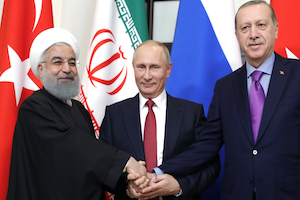
Turkey's Russia Affair
By Suat Kınıklıoğlu
September 23, 2019
Turkey’s deepening partnership with Russia needs to be situated within a larger context. Turkey is moving closer toward Russia at a time when the West is beset by considerable turmoil. Seen from Ankara, both Europe and the U.S. increasingly look weaker, divided and ideologically adrift. Above all, though, Ankara’s pivot toward Moscow is driven by the domestic political needs of the Turkish leadership. The primary benefit of deepening the relationship with Russia lies in the legitimization of the current authoritarian rule. Yet ultimately the endeavor to reorient Turkey toward Russia and Eurasia faces the challenge that Turkey’s democratic tradition poses.
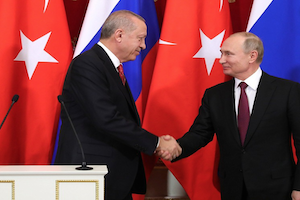
Kurdish Mayoral Dismissals: Narrowing Political Spaces, Widening the Distance from Ankara
By Gareth H. Jenkins
September 4, 2019
The removal of the democratically elected mayors of three municipalities in the predominantly Kurdish southeast of the country and their replacement with government appointees has dealt yet another blow to Turkey’s already tattered democratic credentials. Although it is unlikely to lead to an imminent sustained increase in violence or civil unrest, by further excluding Kurds from political processes the government is exacerbating the already growing belief in the southeast that their future lies in some form of detachment from Ankara.
